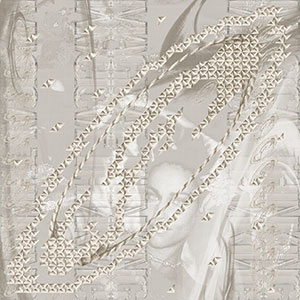Farao
Farao is the musical alias of Norwegian producer Kari Jahnsen. Her sound uniquely blends smooth 90s R&B with sensual 80s disco, ambient spiritual jazz, and layers of lush zithers, creating her own sonic fantasy—imagine Janet Jackson meeting Alice Coltrane.
Farao has collaborated with acclaimed mixing engineer Andrew Scheps (known for his work with Beyoncé, Lady Gaga, and Adele) on both of her solo albums. These compositions have resonated globally, earning praise from top publications such as Pitchfork, NPR, The New York Times, The Line of Best Fit, and Clash Magazine.
Farao’s debut album, Till It’s All Forgotten, received a nomination for ‘Best Composer’ at the Norwegian Grammy Awards (Spellemannprisen). In addition to her solo work, she is part of the collaborative project Ultraflex. Their debut album, Visions of Ultraflex, won ‘Best Electronic Album’ at the Icelandic Music Awards in 2021, and their track ‘Rhodos’ was also nominated for ‘Song of the Year’ at the same awards. Farao has performed at renowned venues and festivals worldwide, including Roskilde Festival, SXSW, Øya Festival, and Green Man Festival, captivating audiences across Europe and the USA.
Selected Press
Though her vocal delivery is sublime, Farao’s opaque, off-kilter instrumentation unsettles the listener, practically begging them to play it again and again to unravel what they’ve just heard.
Jahnsen's work defies categorization and commodification at every turn. It's not in the least bit easy to create music that sounds truly like you and nobody else, but Jahnsen manages to do so
Farao evokes amorphous feelings in architectural blurs of sound
An enchanting mix of her ethereal voice and the sparkle of electronics


